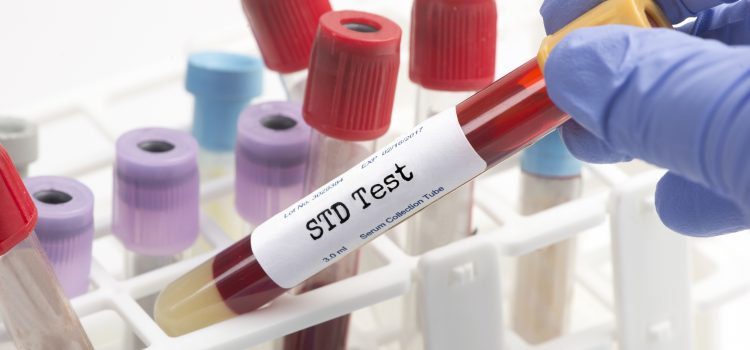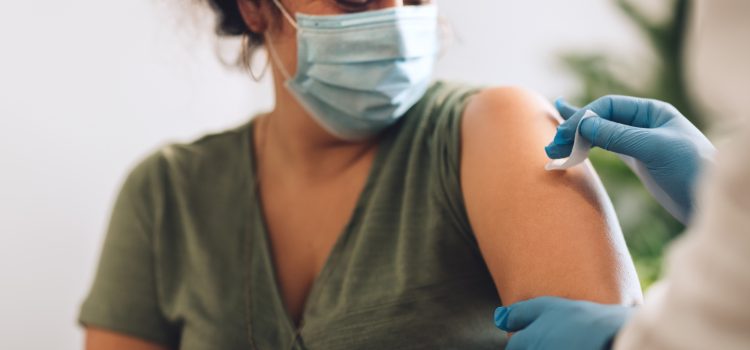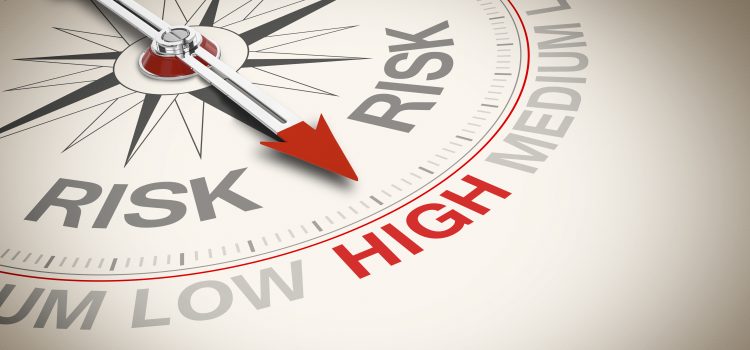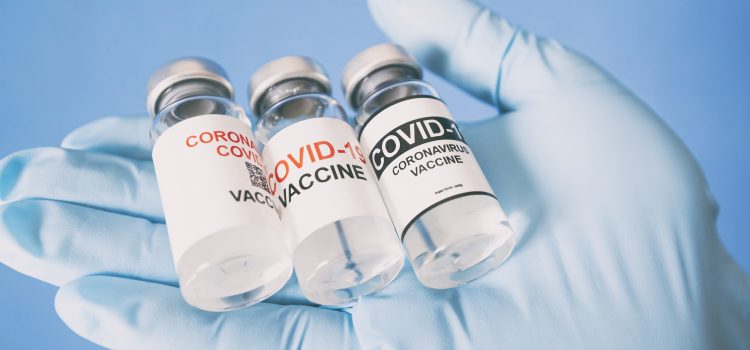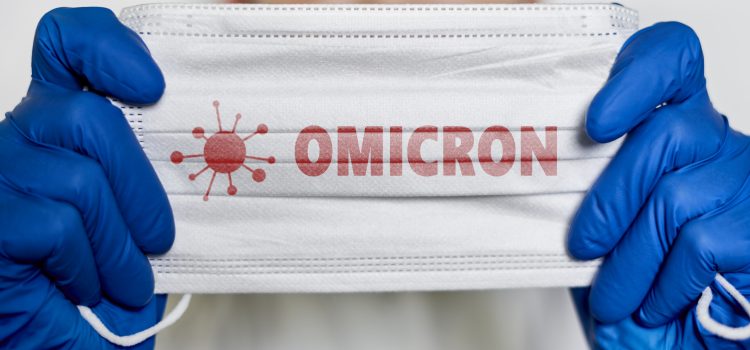Just last week, we shared the news that freedom from masking and other measures to slow the spread of COVID-19 infection is expected to usher in an increase in the rate of sexually transmitted infection. Now Baptist Health South Florida reports that spring breakers visiting the area are already driving up visits associated with concerns for STIs. In a post on its website, BHSF encourages patients to seek assessment and treatment as soon as they’re …
Read More

